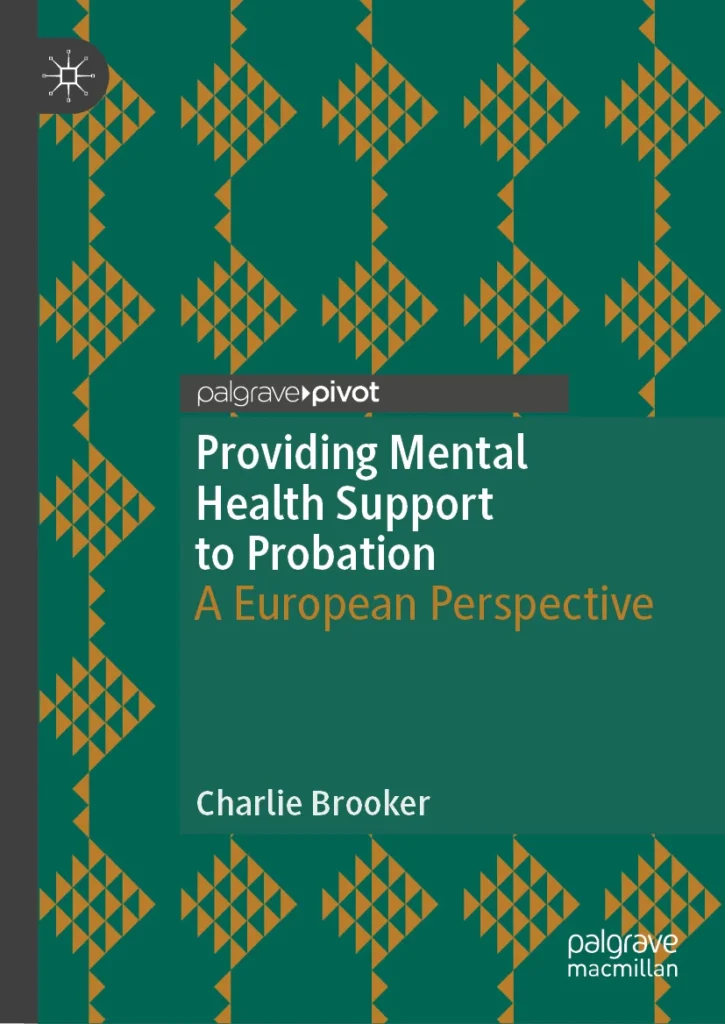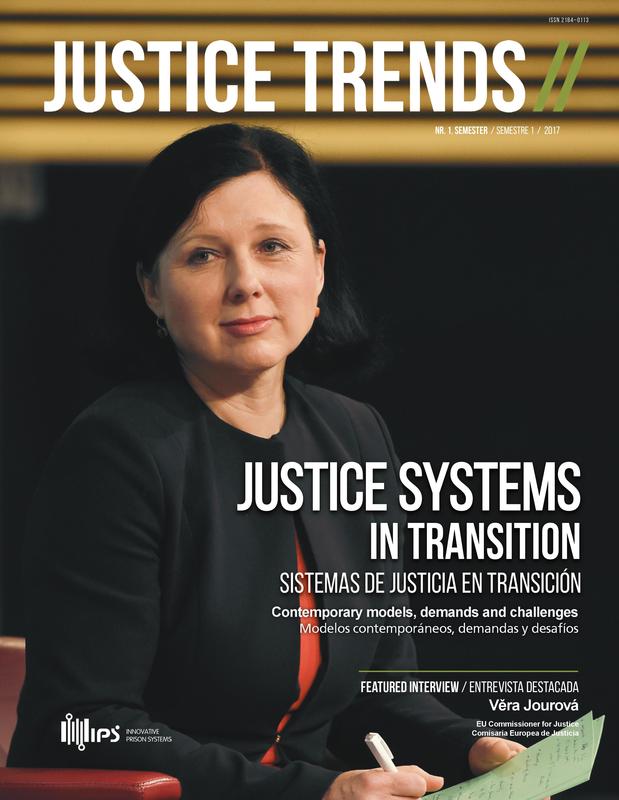One such example is the Council of Europe Guidelines for prison and probation services regarding radicalisation and violent extremism, adopted in 2016. The Handbook includes numerous chapters that deal with the most pressing issues around radicalisation (e.g. understanding the process of radicalisation, identification of violent extremists etc.). Based on other UN and Council of Europe recommendations, these guidelines acknowledge that in general terms offenders sentenced for terrorist acts should be treated as any other offender. That means that legal guarantees and principles of intervention should also apply to this group. Therefore, targeted interventions should be delivered on an individual base and only after a clear risk and needs assessment. All interventions should have clear objectives and outcomes. Various measures should be in place to facilitate multi-agency cooperation, exchange of information and intelligence. Multi-agency arrangements should be based on formal agreements and have shared objectives, responsibilities and role. Partners should use the same language, knowledge and tools. Data protection and confidentiality should be clearly discussed and agreed on.
Rehabilitation of former violent extremists
In case of post-release supervision, former violent extremists should be supervised based on clear obligations and supervision conditions stated in the law. Care should be taken to avoid a disproportionate response from the probation services and especially for juveniles, rehabilitation activities should prevail.
As violent extremists may experience stigmatisation or social exclusion in their own communities, probation agencies should pay attention and prepare the families and the communities for a good receiving of the former prisoners. Relationships with families and friends should be promoted for the juveniles as long as they are constructive. Interventions from the non-state practitioners, mentors, religious representatives or former violent extremists should be encouraged but carefully organised in terms of selection, monitoring and support. The documents also includes useful information about relevant skills, staff empowerment and training and also useful links to different organisations.
Deradicalisation programmes
Based on these general principles and the previous literature, some countries have developed comprehensive exit or deradicalisation/disengagement programmes. According to Mehra (2016), there are around eighteen rehabilitation and reintegration programmes for violent extremists. In Europe the most well known one is Deradicalisation – Back on Track initiated in 2012 by the Danish Prison and Probation Service. The core element of this programme is the mentoring scheme that is available to prevent and counteract crime related to extremism, whether it is right-wing, left-wing or religious forms of extremism. Apart from the mentor’s interventions, the programme involves families and social networks that can bring a positive contribution to the social reintegration of former violent extremists. Inter-agency cooperation is also seen as an essential element of the programme. The French programme has four stages and involves multiple actors from state and civil society. The Saudi programme is one of the most comprehensive ones and also has four stages: identification, rehabilitation, re-education and re-socialisation. Besides education and vocational training, inmates also receive religious training that can help former violent extremists develop a more moderate view on the Koran.
Barrell’s Pro-integration Model
At the micro-level, researchers and practitioners have developed several practice models that can work with individuals with an extremist background. Based on interviews with 22 former terrorists, Barrell (2015) put forward the so-called Pro-integration Model of practice that suggests five domains of interventions: social relations, coping, identity, ideology and actions orientation (practical help). This model is holistic and is very close to what probation services in Europe are familiar with. What is important to mention here is that the programme stresses the importance of ideology. Briefly speaking, the ideology is what we think about the world and what we think we ought to do or not. Ideology is to a certain extent the cognitive dimension of our agency; it is what makes us wake up in the morning and do whatever we do. Therefore, ideology is essential to our behaviour. It is like the cognitive part of the cognitive behavioral theories (cognition/feelings/behavior).
Looking at the question posed in the title from this perspective it became obvious that any sustainable disengagement programme cannot ignore the deradicalisation component. Thus, the right answer to the deradicalisation or disengagement question is … both.
For more information about rehabilitation and reintegration programmes, come to Barcelona Summer Course on Radicalisation and Violent Extremism 2018!
Barrell, K, (2015). Pro-integration: disengagement from and life after extremism. Behavioral Sciences of Terrorism and Political Aggression. 7(2): 129-142
Mehra, T. (2016). Foreign Terrorist Fighters: Trends, Dynamics and Policy Responses. ICCT Report.












